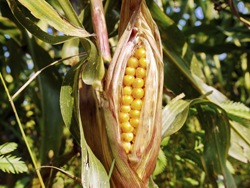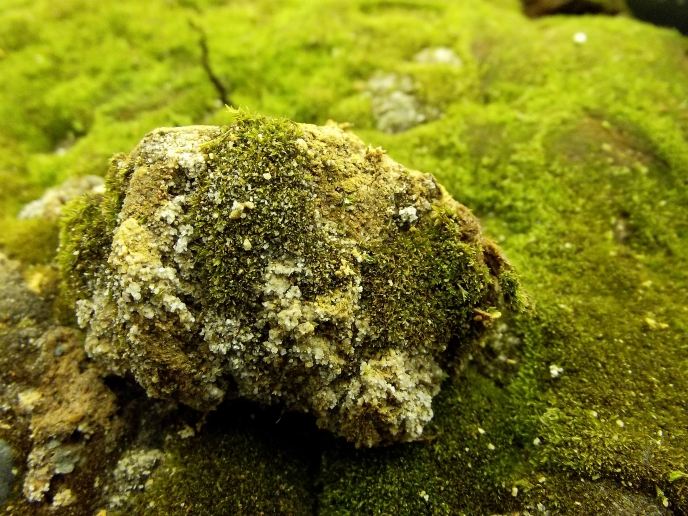The next step in stress-resistant crops
Epigenetics refers to how the environment affects the behaviour of genes without affecting the actual DNA sequence of the genes. As part of the EU-funded 'Acquired environmental epigenetics advances: From Arabidopsis to maize' (AENEAS) project, scientists investigated which epigenetic paths or mechanisms are activated by environmental stresses in the model plant Arabidopsis thaliana. Their intention was to establish the effects on gene expression in future generations. A similar process was followed for maize so that models of overall epigenetic changes for both A. thaliana and maize (Zea mays) could be developed.Several maize genes that were affected by epigenetic changes (epitargets) were studied further for potential stress-resistant traits. As a result of this, new stress-resistant maize strains were developed for further analysis. During the course of the research, various tools and protocols that are widely applicable to environmental epigenetics research were developed as well. These included a number of methods for stressing model plants, and a software package that was used to identify all the epitargets affected by specific environmental stresses. AENEAS has furthermore initiated an Environmental Epigenetics Platform for maize, which will see epigenetic information from model plants such as A. thaliana being applied to maize. This work provides a solid foundation for modern, scientifically informed breeding programmes.
Keywords
Maize, environmental epigenetics, breeding programme, environmental stress, Arabidopsis thaliana





